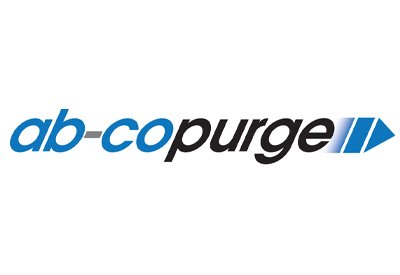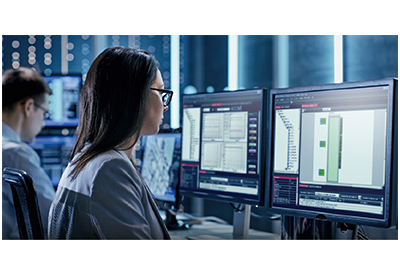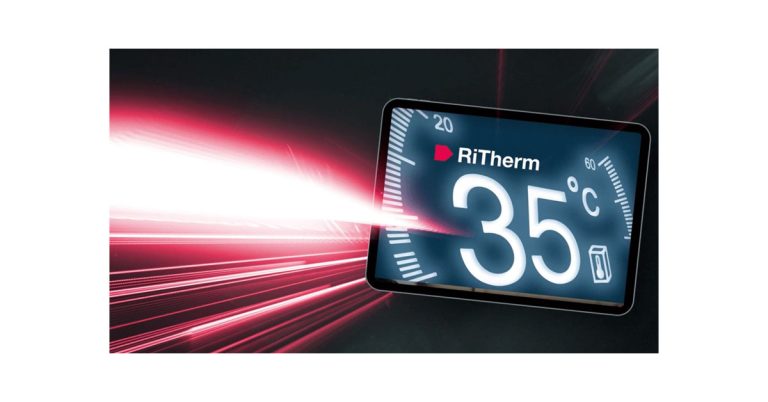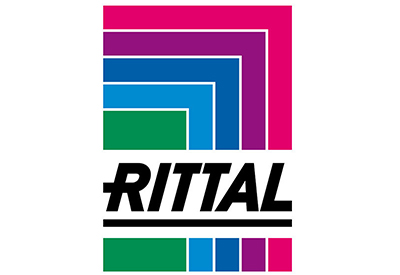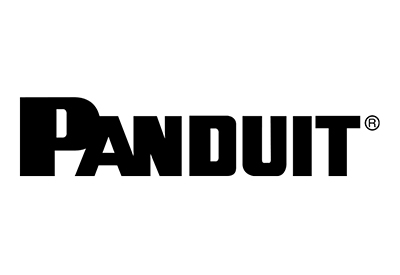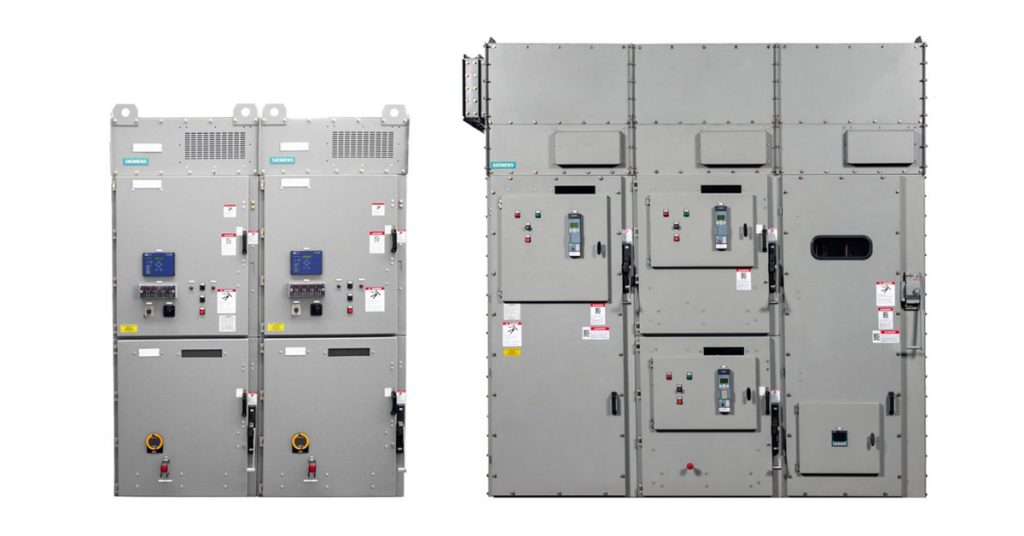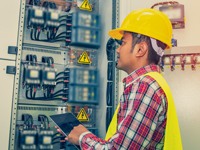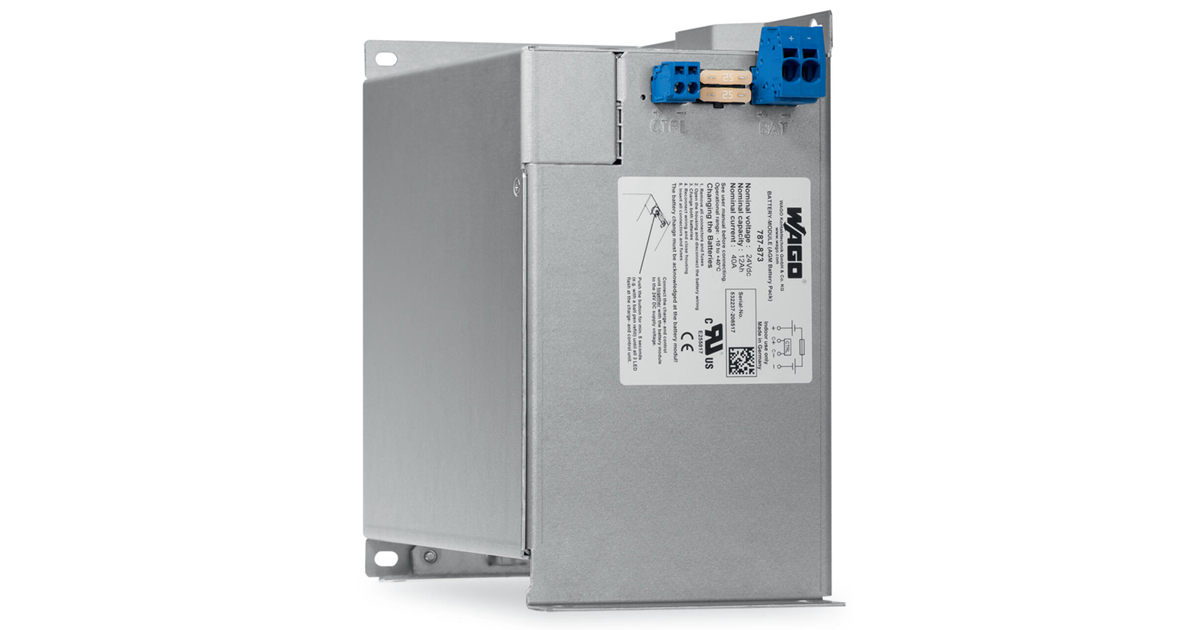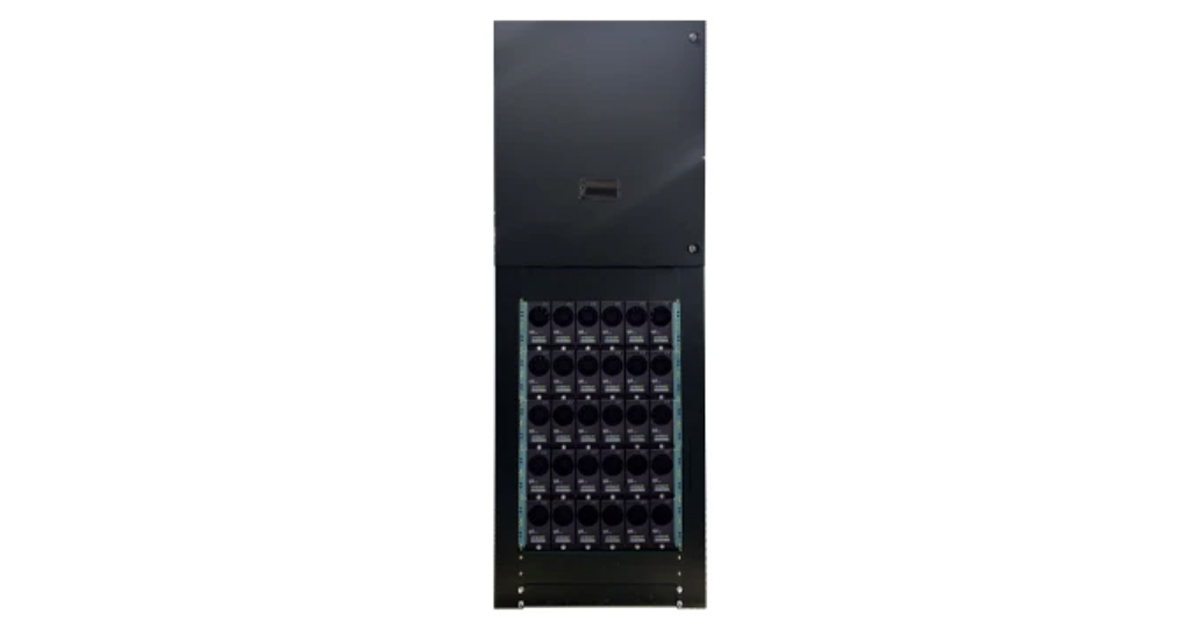Five Easy Suggestions for Selecting the Best NEMA or IP Rated Plastic Electronic Enclosure
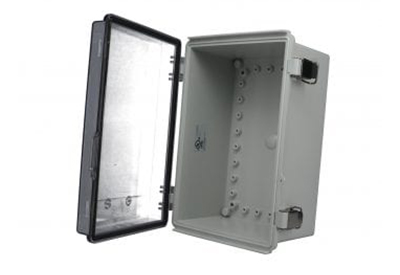
June 29, 2021
Selecting the proper plastic electronic enclosure is often much more than just finding a standard box that meets your dimensional requirements. This is especially true when searching for a box that can withstand the elements whether inside a factory or outdoors. At the same time, you want to make sure that you are not wasting money with extra features or tighter ratings that are really not needed. It is a balancing act between finding a unit that meets your price point, provides the best protection, and also easing your team’s assembly process.
- 1. BE SURE THAT YOU ARE SELECTING A PLASTIC ELECTRONIC ENCLOSURE WITH THE RIGHT NEMA OR IP RATING
Often trying to insure that a “safe” enclosure is selected, an engineer will choose one with a tight rating, such as NEMA 4x or 12 or IP65. They might even go for an IP68 (submersible) enclosure feeling they would rather than be safe than sorry. However, if the factory floor is relatively clear, one need not worry about sprayed liquids (NEMA 4x), falling dust (NEMA 12), let alone submersion. In some cases, a NEMA 1 enclosure (that it has a lid and all sides and keeps fingers out) may be good enough and will save a significant amount of money. On the flip side, a NEMA 4x enclosure may not be UV stabilized and so would not necessarily be a good choice for an outdoor enclosure. Carefully consider the install location and then select a box appropriately.
- 2. CHOOSE THE RIGHT MATERIALS
All Plastics are not created equal and therefore selecting the plastic electronic enclosure constructed from the right material is important. ABS is low cost but can crack relatively easily compared to Polycarbonate. Fiberglass is more impervious to chemicals than is Polycarbonate but it is not UV resistant. Polycarbonate can have more dimensional variability as it comes out of the mold so it is less consistent than Fiberglass but Fiberglass is less able to withstand being hit. Bud offers a Polycarbonate with 10% fiberglass which gives the impact resistance of polycarbonate as well as UV capabilities but maintains a more consistent dimension. Also important to consider is the flammability ratings that are required which vary both among types of plastics as well as within different kinds.
- 3. VERIFY HOW THE BOX CAN BE MOUNTED?
Mounting a NEMA/IP rated Plastic electronic enclosure can be tricky as you need to be sure that you do not compromise the integrity of the enclosure by drilling unprotected holes. All hardware has to have gaskets and those have to insure a perfect seal. In addition, the proper tools must be used to drill the holes to avoid cracking or chipping the box (more on this below). Many of these enclosures come with mounting brackets that are easily attached to external holes. That is, there are holes already drilled in an exterior wall or base that will not penetrate into the enclosure interior. Sometimes this is an accessory part so the designer needs to verify whether it is included so his installation is not held up waiting for them to be ordered after the fact.
- 4. HOW ARE INTERNAL COMPONENTS GOING TO BE MOUNTED
In a similar manner to the challenge of mounting the box, drilling holes to mount components is also best avoided by the installer. Verify that there are mounting bosses in the base that will allow the easy installation of PCB’s or power supplies. Often there are accessory panels that are already cut to size that will allow the components to be mounted to it instead of to the box. There are also often card guides molded into the box which can greatly assist in the mounting of all needed equipment.
- 5. CONSIDER INTERNAL HEAT AND MOSTURE DISSIPATION
Clearly, a NEMA/IP rated plastic electronic enclosure cannot have louvers or other ventilation holes installed and still maintain their effectiveness. Today there are many options such as NEMA vents. Please give them consideration as you make your design so that you allow the space for them to work properly. Today, for example, Bud offers a variety of vents including some that are IP67 rated.
- 6. HAVE THE MANUFACTURER MODIFY THE ENCLOSURE FOR YOU
Here is a bonus – a 6th Suggestion. Typically you will need to drill holes for input and output and may have other modification needs. It is often much less expensive in total acquisition costs to have the manufacturer do the work. They take complete responsibility for all of the work insuring that the proper speeds and drill bits are used based on the materials involved. Given the potential of scrap in this modification process, the manufacturer is responsible for all scrap and any other potential problems. The designer just gets a turn-key unit ready for the application.
Not mentioned above is that it is always easier to research and select a manufacturer’s standard product so you avoid any mold costs or other costly expenses. Selecting the right plastic electronic enclosure is not difficult but by taking a few cautious steps first, a lot of time and trouble can be saved at install time.
![]()

